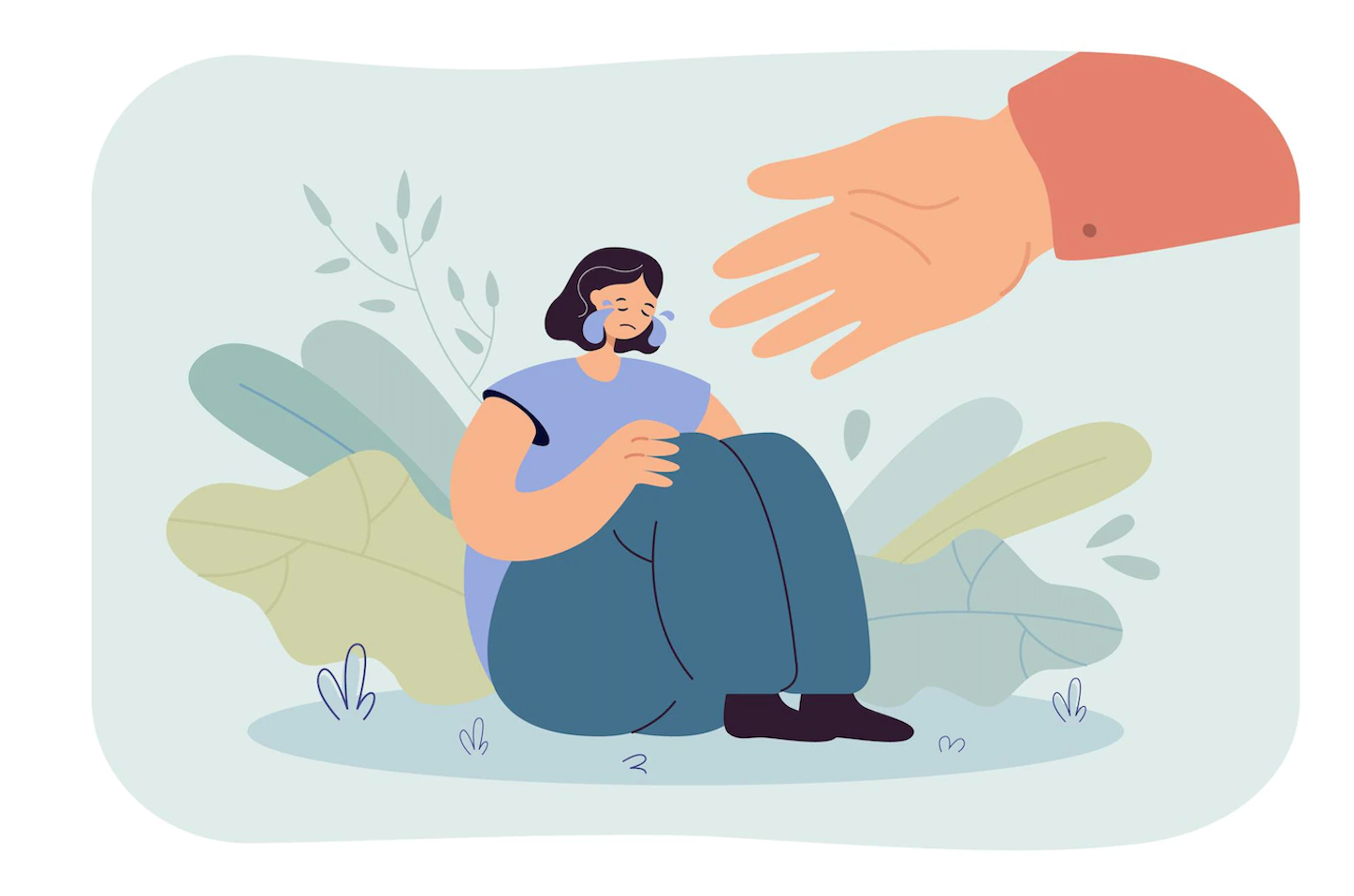Transforming Pain into Purpose: Insights from an Eating Disorder Recovery Coach
There’s no question that having an eating disorder is an immensely difficult experience. Often, we struggle to comprehend the unfairness of developing this illness and ask ourselves, “why me?”. Sometimes it really does feel like the universe is stacked against us, and we yet continue to dig deep and take steps forward in our recovery. Once we’ve recovered, we can also start pondering, “what was it all for?”. And whilst there’s absolutely no obligation to conclude that ‘everything happens for a reason’, people with lived experience are increasingly coming to work in the eating disorder field as a way of giving back and finding meaning and purpose from their experiences.
At least, that was the case for me. I am an eating disorder recovery coach and in 2018 opened a recovery coaching practice called Uncovery in Melbourne, Australia. Flash forward to 2024, we now have a team of coaches working across the country, and we are all fully recovered from our own eating disorders. I am incredibly passionate about recovery coaching and the value of lived experience in eating disorder treatment and support. Furthermore, I have gained a huge sense of reward and personal satisfaction from transforming my pain into purpose through my role as a recovery coach.
What is recovery coaching?
Eating disorder recovery coaching is an adjunct to clinical treatment for eating disorders. Meaning that as coaches, we are not clinicians, but we help your clinicians (dietitian, therapist etc.) to help you. Recovery coaches help facilitate growth and behaviour change related to recovery and play an important role in helping to build a skill-base for daily living that is necessary for a full and lasting recovery. We understand that recovery means a lot more than simply stopping behaviours or improving observable markers of progress, we know this because we’ve been there ourselves.
You can think of a recovery coach like a guide who is here to support you through your recovery journey in a way that is non-judgemental, collaborative and rooted in our own experience of recovery.
Because we have recovered ourselves, we understand your challenges on a level that others who haven’t walked the journey to recovery simply cannot. This ability to rolemodel what life as a recovered person can look like, can be incredibly hope-inspiring for our clients, and is something we hear time and again as one of the biggest assets to working with a coach. Whilst lived experience isn’t a qualification in itself, as recovery coaches, we have extensive training and are skilled in the best ways we can put our lived experience to use to help you in your own recovery journey. Sometimes this is as simple as being a living, breathing example that recovery is possible, which is an immensely powerful thing we are able to share with our clients.
Recovery coaches also offer services that clinicians typically are unable to, such as meal support in a variety of settings including at cafes and restaurants, grocery shopping, clothes shopping, live-in/transition support and text support between individual coaching sessions. We are there alongside you as you do the hard work outside of your therapist’s office. We recognise that the majority of recovery happens outside those important appointments, and we intentionally make ourselves available to our clients in those times, so clients can practise skills, work towards goals or just have someone to reach out to if they’re struggling.
Working in the field of eating disorders was always on the cards for me. Even during my recovery, I dreamt of helping people in some shape or form. Not only did this supercharge my own recovery, but it helped me to start envisioning a future beyond my eating disorder.
I quickly discovered that having a sense of meaning and purpose in life was what would help me get to the finish line in my own recovery.
Working as a coach now supporting others has helped me to transform my pain into a meaningful career. At Uncovery, over the past 5.5 years we have collectively helped 100’s of people towards a life of freedom. We have walked alongside them, encouraged, motivated and cheered them on, reminding them that we have been there too and it is 100% worth it. This work has taught me about the power of lived experience, and how important that is when it comes to working with a multidisciplinary team. We are the beacon of hope that full recovery is possible.


